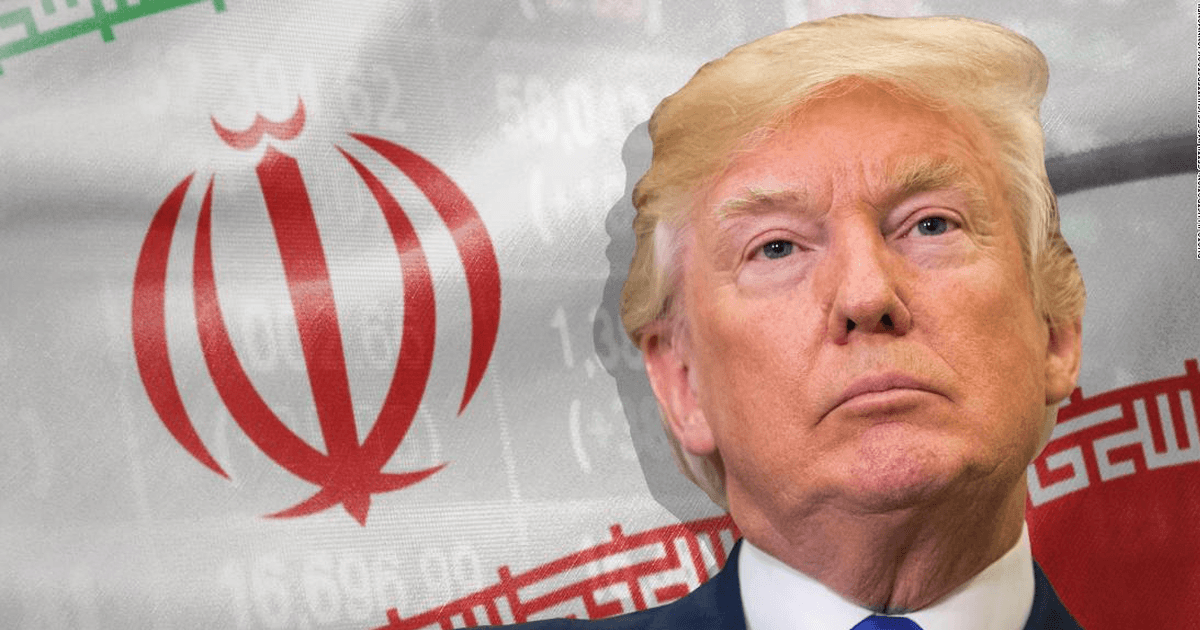In the intricate tapestry of American foreign policy, few relationships are as enduring as the bond between Christian evangelicals and the state of Israel. This alliance, fueled by a potent mix of theology, politics, and history, shapes U.S. policy in the Middle East and reverberates through American culture. To understand why millions of evangelicals champion Israel with unmatched fervor, we must explore the roots of their commitment—particularly the theology of Christian Zionism—and its far-reaching consequences, from Capitol Hill to Jewish communities worldwide.
The Theology Behind the Devotion
At the heart of evangelical support lies Christian Zionism, a theological framework that views the modern state of Israel as the fulfillment of biblical prophecy. Rooted in dispensationalism, a 19th-century interpretation of scripture, Christian Zionists believe the modern state of Israel as the fulfillment of God’s promise to Abraham in Genesis 12:3: “I will bless those who bless you, and whoever curses you I will curse”.
Read More: Erased from the Global Imagination: Why Pakistan Remains Absent in the Age of Soft Power
For them, the establishment of Israel in 1948 was a divine miracle, a precursor to the Second Coming of Christ. In this eschatological drama, Israel’s restoration signals the approach of end-times events, where Jews play a pivotal role, though some Zionists anticipate their conversion to Christianity, a belief that unsettles many Jewish observers.
Has anyone considered the possibility that America has miraculously survived so many close calls over the centuries is that our PURPOSE is to defend Israel? If we quit Israel, I believe God may quit us and I’m not prepared to take that chance.
— Bill Mitchell (@mitchellvii) June 17, 2025
Not all evangelicals are driven by apocalyptic visions. Many support Israel out of gratitude for the Jewish roots of Christianity or a belief in shared democratic values. They see Israel as a bulwark against authoritarianism in a volatile region, a nation embodying principles they hold dear. Yet it is Christian Zionism, with its vivid prophetic narrative, that galvanizes the movement’s most ardent advocates. This theology has penetrated the highest echelons of American power. Organizations like Capitol Ministries, which hosts Bible studies for congressmen and cabinet members, weave Christian Zionist themes into their teachings.
Lawmakers, guided by pastors who frame support for Israel as a biblical mandate, often emerge from these sessions with a renewed commitment to pro-Israel policies. Since 1948, the U.S. has provided Israel with over $300 billion in aid, a figure sustained in part by evangelical influence in Republican and bipartisan circles. In 2023 alone, evangelical advocacy helped secure $700,000 for specific Israel-related initiatives, reflecting their outsized role in shaping legislative priorities.
Read More:Trends of zionism in the domestic politics of Israel
The Powerhouse of Evangelical Advocacy: CUFI
No group embodies this influence more than Christians United for Israel (CUFI), with over 10 million members. Founded in 2006 by Pastor John Hagee, CUFI has become a political juggernaut, raising millions annually to fund advocacy, educational campaigns, and direct support for Israeli causes. CUFI’s grassroots network floods congressional offices with letters and calls, ensuring Israel remains a bipartisan priority. Through events like “Nights to Honor Israel,” held in churches nationwide, CUFI transforms theological conviction into political action, cementing evangelical support as a pillar of U.S.-Israel relations.
CUFI has raised millions for Israeli causes, including $3 million for first responders and survivors post-October 2023 and $180 million overall for Jewish and Israeli initiatives. Its annual Washington summits draw lawmakers, with figures like Mike Pence and Nikki Haley reinforcing evangelical influence. CUFI’s advocacy has helped secure $14.3 billion in emergency military aid in 2024 via the 21st Century Peace Through Strength Act. CUFI also backed the Taylor Force Act, cutting U.S. aid to the Palestinian Authority (PA) until it ends payments to families of imprisoned or deceased Palestinians, which CUFI calls “pay-to-slay.”
Read More: London Ready to Witness a Bizarre Lawsuit from Pakistan!
But this alliance comes with complexities, particularly for Jewish communities. While many Jews welcome evangelical support, especially amid rising antisemitism, others are wary of its theological underpinnings. The expectation of Jewish conversion in some Christian Zionist narratives can feel like a betrayal, reducing Jewish identity to a prop in a Christian end-times script. Moreover, evangelical advocacy often sidelines Palestinian perspectives, complicating interfaith dialogue and fueling tensions in the Holy Land. In the U.S., the conflation of evangelical support for Israel with broader Jewish interests can blur lines, exposing Jewish communities to criticism—or worse—when U.S. or Israeli policies spark controversy.
Growing Criticism and a Generational Shift
Critics, including some Christians, warn that Christian Zionism risks entangling faith with geopolitics, prioritizing prophecy over peace. Younger evangelicals, exposed to independent media highlighting Palestinian struggles, are increasingly questioning this stance, potentially shifting future U.S. policy. They point to moments of insensitivity, like when evangelical leaders celebrate Jerusalem as Israel’s capital without acknowledging Palestinian claims, as evidence of a one-sided theology. Yet for evangelicals, their support is deeply personal, rooted in prayer and scripture. They see themselves as fulfilling a divine call to stand with Israel, a conviction that transcends political debate.
As global conflicts intensify, the evangelical-Israeli alliance shows no signs of waning. It is a relationship forged in the interplay of ancient texts and modern power, one that shapes America’s role in the world while raising profound questions about faith, identity, and justice. For Jewish communities, navigating this support means grappling with both its benefits and its burdens. And for the rest of us, understanding this bond offers a window into the forces driving one of the most consequential alliances of our time.
The writer is a technology analyst who writes under the pseudonym Patience Quill.














